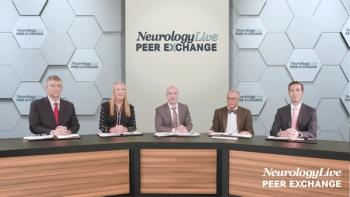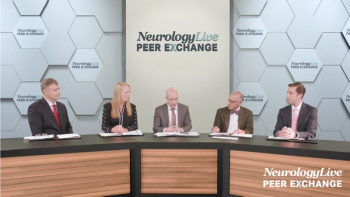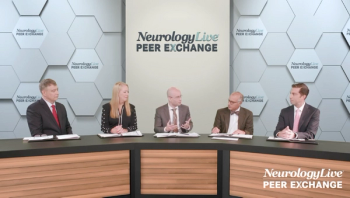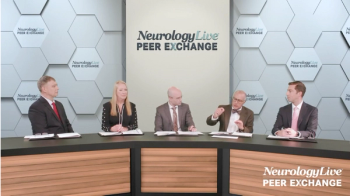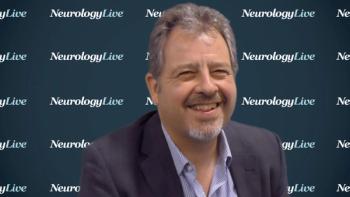
The professor of age-related diseases and Dean of the University of Exeter Medical School spoke about the need for proper training of nursing home staff in order to improve quality of life in patients with dementia.

The professor of age-related diseases and Dean of the University of Exeter Medical School spoke about the need for proper training of nursing home staff in order to improve quality of life in patients with dementia.
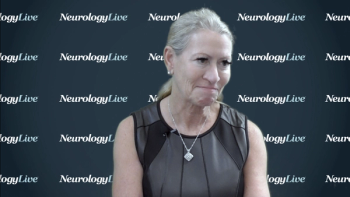
The director of the Orange County Migraine and Headache Center spoke about the adherence issues in acute migraine treatment and how the safety profile of investigational medications such as rimegepant and ubrogepant suggests they may be able to address them.
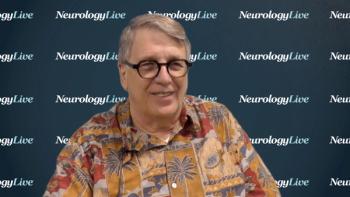
The professor of neurology and founding chair of the John T. Macdonald Foundation Department of Human Genetics at the University of Miami spoke about how the risk of Alzheimer disease differs between ethnic groups, despite being associated with the same genetic marker.
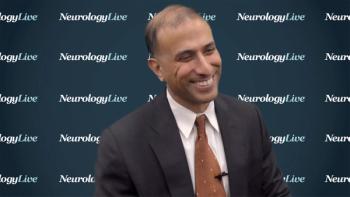
The professor of emergency medicine at the University of Wisconsin-Madison School of Medicine and Public Health spoke about how telemedicine in senior living communities can effectively decrease ED use by individuals with dementia.
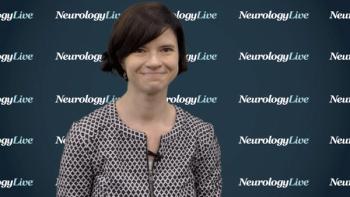
The research fellow at the University of Exeter spoke about the findings from her observational study which showed that living a favorable lifestyle could offset the risk for dementia, even if that risk is genetically linked. 



The director of headache medicine and chief of general neurology at Yale Medicine spoke about the significance of having CGRP inhibitors in migraine treatment, and how eptinezumab fits into the treatment landscape.
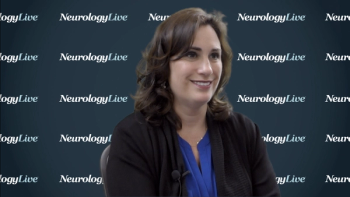
The clinical professor of neurology at Albert Einstein College of Medicine spoke about the trends revealed by the OVERCOME study, and how this data can be used to improve the management of the millions of patients with migraine in the US.
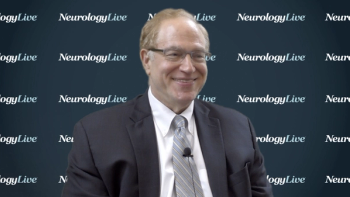
The director of the Montefiore Headache Center and professor of neurology at Albert Einstein College of Medicine spoke about the results of an analysis of eptinezumab’s effect on the severity of migraine and its impact on patients’ lives.

Neurology News Network for the week ending July 13, 2019.
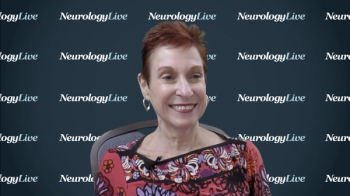
The professor of neurology, neurotherapeutics, and ophthalmology at UT Southwestern spoke about the potential of telemedicine in headache medicine, as well as the findings from a single-center, 45-patient study.
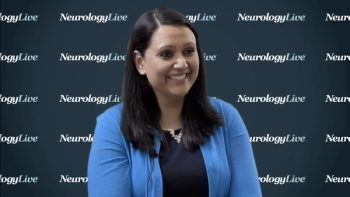
The director of the MedStar Georgetown Headache Center spoke about ubrogepant’s long-term safety and efficacy and its potential to fill the large gap that remains in acute migraine care.
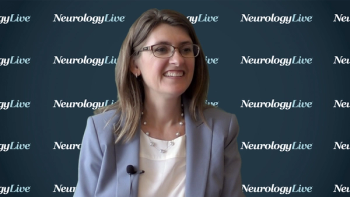
The pediatric neurologist and epilepsy specialist at Children’s Hospital Colorado spoke about the need to continue to research therapies once they’re approved to better understand their use, and how cannabidiol falls into this category.
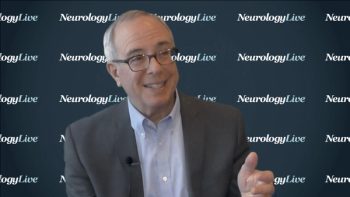
The director of the Jefferson Comprehensive Epilepsy Center spoke about the improvements that have come along with some of the surgical advancements in the treatment of epilepsy, specifically with laser interstitial thermal ablation.
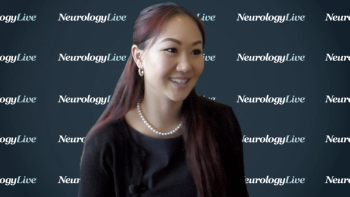
The neurology resident at the University of California San Francisco discussed how new wearable technology and electronic diaries have helped improve the understanding of seizure rhythmicity, and ultimately, epilepsy care.
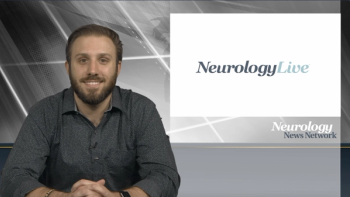
Neurology News Network for the week ending July 6, 2019.
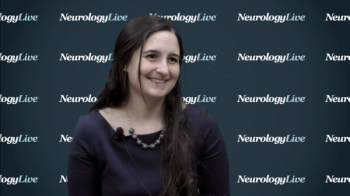
The staff neurologist at Cleveland Clinic’s Mellen Center for MS shared her insight into the use of telemedicine in an outpatient setting across a number of subspecialties in neurology and how it can supplement care going forward.
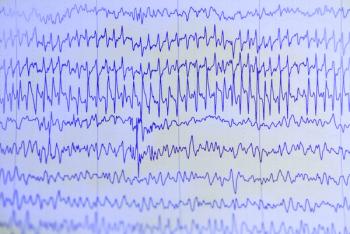
As home-monitoring devices become more available, accessible, and useful, they are increasing becoming helpful in neurological decision-making. More in this video.
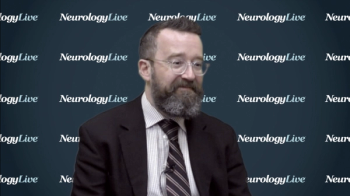
The head of neurology at the Sunnybrook Health Sciences Centre of the University of Toronto spoke about the limited available normative sleep data, and shared insight into the findings of the meta-analysis he and colleagues conducted of more than 150 studies.

The neurology resident at the University of California San Francisco spoke about the role that seizure diaries can play in a patient’s peace of mind, as well as in the understanding of that patient’s response to a given treatment.
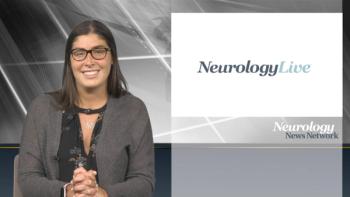
Neurology News Network for the week ending June 29, 2019.
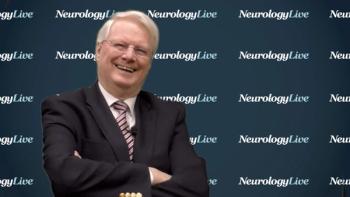
The director of the Sleep-Wake Disorders Center at Montefiore Medical Center spoke about one of the major symptoms of narcolepsy and how to identify it during diagnosis.
